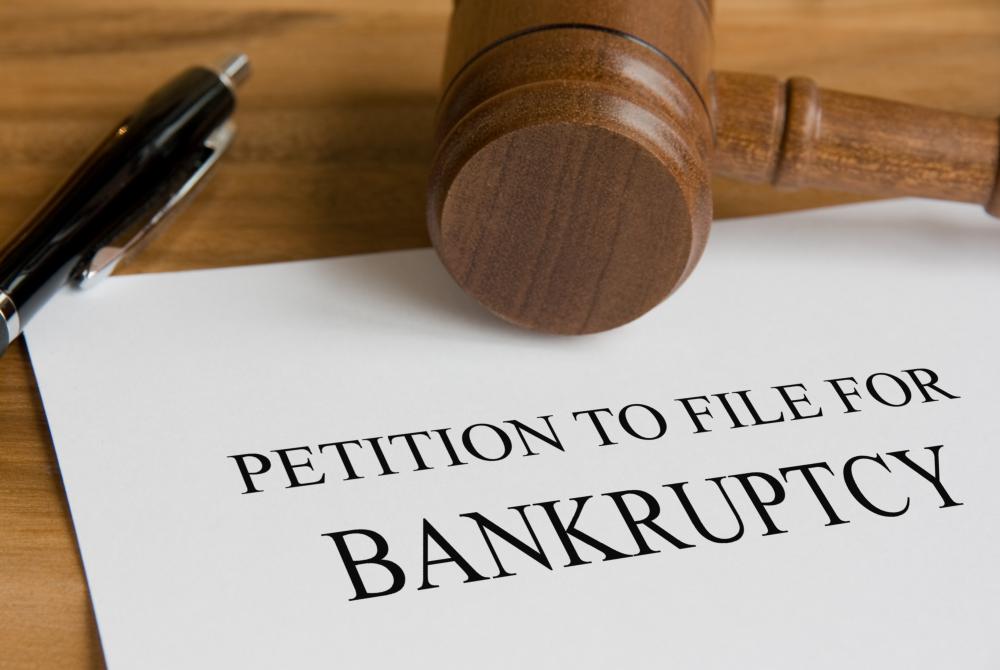At WiseGEEK, we're committed to delivering accurate, trustworthy information. Our expert-authored content is rigorously fact-checked and sourced from credible authorities. Discover how we uphold the highest standards in providing you with reliable knowledge.
What is Undue Hardship?
Undue hardship is a legal term used in bankruptcy to determine whether student loan and certain other kinds of debt will be forgiven. It is also used in anti-discrimination litigation to determine whether an employer will be required to provide a specific accommodation for an employee. Undue hardship essentially means that the burden of the action — repaying the loans or making the accommodation — is so great that the court will not require the action to occur.
Student loan debt and tax debt are given favorable protection by the laws of the United States. Under the law, student loan debt and IRS debt generally cannot be forgiven, even in bankruptcy, as other credit card debt or types of debt can. Essentially, this means that a person cannot escape his student loan debt and he will be required to pay, and sometimes have his wages garnished.

The only exception to this rule regarding student loan forgiveness in bankruptcy occurs when there is an undue hardship. Undue hardship means that the difficulty caused by paying back the student loans is far greater than the difficulty that would occur to a normal person. Generally, to meet this standard and be released from the obligation of paying back student loan or tax debt, the debtor must prove that he will be completely unable to maintain even a minimal standard of living if he is forced to pay back the debt. He also must prove that his situation is not likely to improve any time soon, and that the repayment of the debt will continue to place an undue or insurmountable burden on him for most of the remainder of his life.

The judge in the bankruptcy proceeding will decide on a case-by-case basis whether the burden would cause such hardship on the debtor. The standard is very difficult to reach. It is possible, however, especially in cases in which a person has become totally or permanently disabled and thus unable to work to repay the debt.
In civil rights laws, undue hardship also exists as a legal concept. Employers are required to provide reasonable accommodations for disabled employees under the Americans with Disabilities Act. Accommodations are also required for religious employees' right to observe their religious beliefs under Title VII of the Civil Rights Act of 1964. Although employers are required to provide these modifications to the protected employees, they are not required to do so if doing so would create an undue hardship or burden. Whether a burden or hardship is sufficient to eliminate the employer's obligation is also decided on a case-by-case basis by a judge or jury.
AS FEATURED ON:
AS FEATURED ON:













Discuss this Article
Post your comments